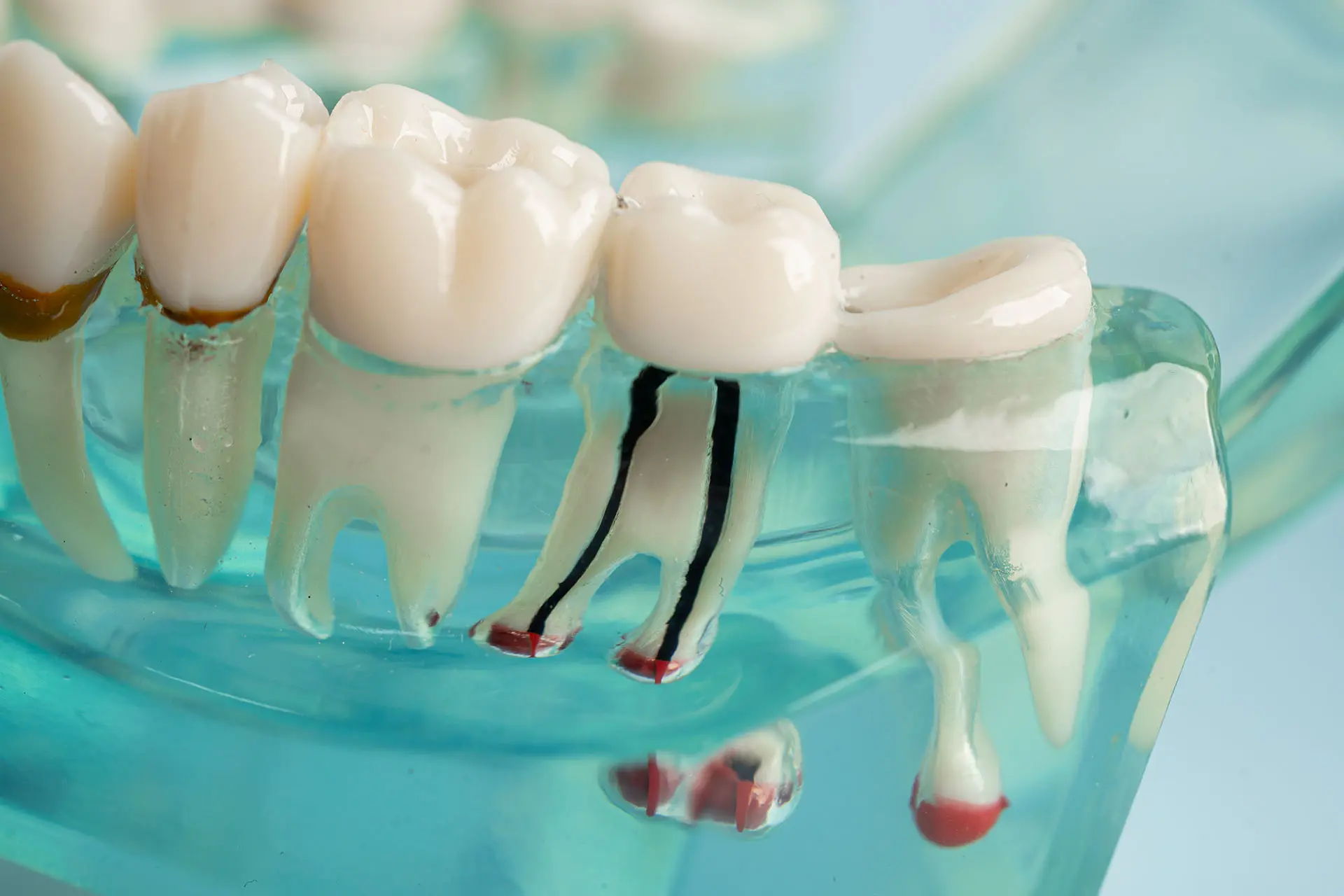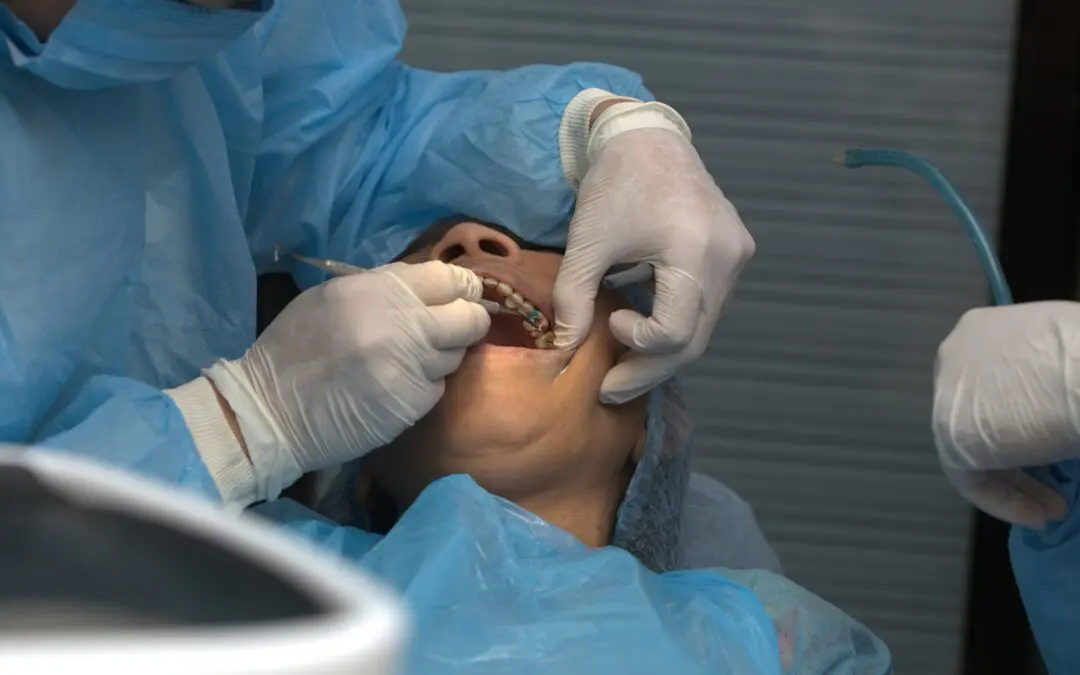Wisdom teeth, or third molars, usually appear in your late teens or early twenties. Some people get their wisdom teeth without any issues, but others may need to have them removed to keep their smile and oral health in top shape.
Sometimes wisdom teeth grow in impacted, misaligned, or only partially through the gum tissue, making them tricky to clean. You should consider getting your wisdom teeth removed if they crowd nearby teeth, cause jaw pain, lead to gum inflammation, or increase the risk of infection or tooth decay.
Even if your wisdom teeth aren’t causing discomfort, some dentists recommend early removal to prevent future problems. Taking care of them at the right time can lower the risk of infection, tooth decay, or damage to adjacent teeth, making your dental care simpler in the long run.
Signs You Might Need Your Wisdom Teeth Removed
You might need wisdom teeth extraction if you notice:
- Jaw pain or stiffness when opening your mouth
- Partially erupted wisdom teeth that trap plaque and bacteria, causing gum inflammation or bad breath
- Crowded teeth or pressure on other molars
- Fluid-filled sacs or cysts near a tooth
- Repeated infection or tooth decay affecting adjacent teeth
Paying attention to these signs can help you address issues early, making surgery and recovery smoother.

What to Expect During Wisdom Teeth Removal
Wisdom teeth removal is a routine dental surgery, often taking about an hour, depending on the number and position of your teeth. Comfort is a priority, which is why your dentist or oral surgeon may use local anesthesia, IV sedation, or general anesthesia to keep you relaxed.
During the procedure, the dentist:
- Opens gum tissue if needed
- Removes the wisdom tooth or teeth
- Cleans the extraction site and tooth roots
- Protects the blood clot to support healing
Afterwards, mild discomfort, swelling, and gum inflammation are normal. Following advice like eating soft foods and avoiding activities that dislodge blood clots helps the recovery process go smoothly.
Benefits of Getting Wisdom Teeth Removed
Removing problematic wisdom teeth can:
- Reduce jaw pain and crowding of nearby teeth
- Lower the risk of gum disease and oral infection
- Protect adjacent teeth from damage
- Make daily dental care easier
- Prevent future oral health issues, including cysts or fluid-filled sacs
Even wisdom teeth that aren’t causing pain now can create problems later, which is why many dentists recommend careful wisdom teeth management.
Worried about impacted or problematic wisdom teeth? Contact Fallowfield Dental to explore your options and plan a smooth, stress-free removal.
FAQ
How do you know when you need your wisdom teeth pulled?
Signs include jaw discomfort, swollen gums, partially erupted teeth, or repeated infections. A dental exam can confirm what’s best.
Can a wisdom tooth cause ear pain?
Yes. Pressure from an impacted or erupting wisdom tooth can radiate to the jaw, ear, or head.
How to relieve wisdom tooth pain while pregnant?
Consult your dentist for safe options. Cold compresses and soft foods can help until treatment is recommended.
When is the best age to get wisdom teeth removed?
Many dentists suggest late teens to early twenties, when tooth roots and jaw bone are easier to work with.
What happens if you wait too long to get wisdom teeth out?
Waiting can increase the risk of impacted teeth, infection, cysts, and more complicated surgery.
How painful is wisdom teeth removal?
Most patients experience mild discomfort and swelling, which is manageable with proper care. Anesthesia keeps the procedure comfortable, and following post-op advice helps recovery go smoothly.

